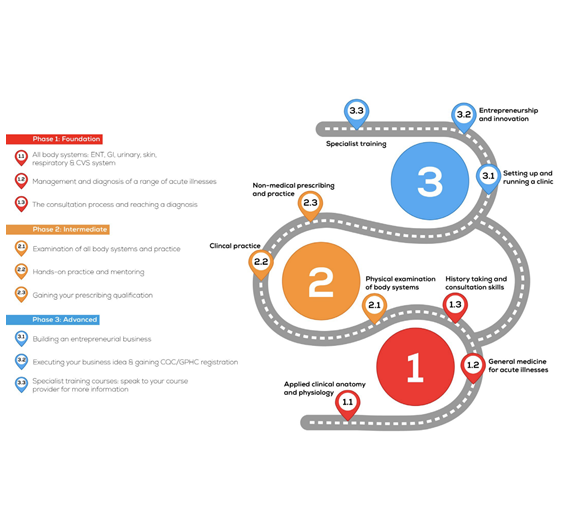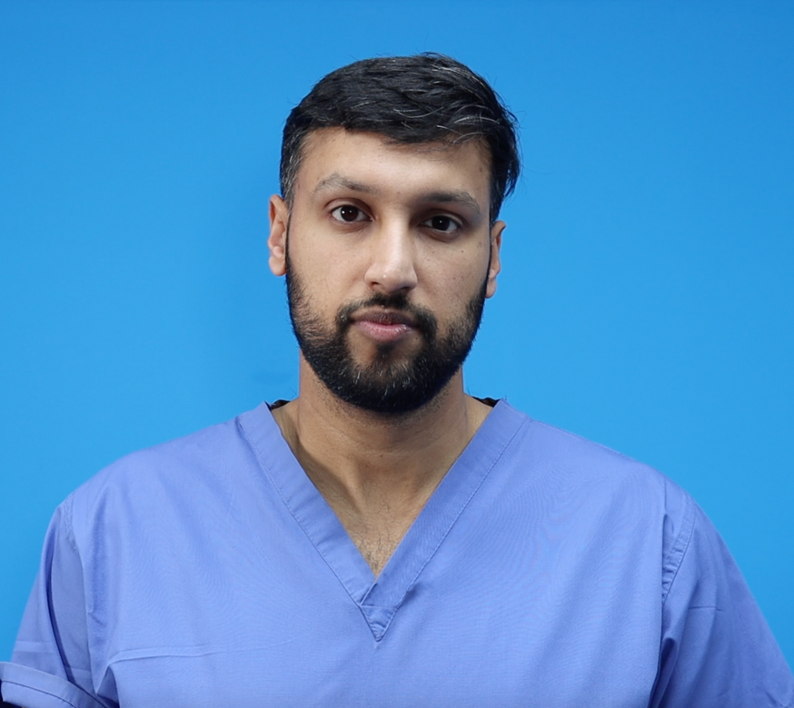Faheem Ahmed explains how an enterprising mindset has helped him shape a better future for himself and those around him…
I want to clarify something right from the outset before you continue to read on: If you don’t want to create a world where people wake up feeling inspired, fulfilled, and happy every single day, then this article is not for you.
Instead, I urge you to reflect on what you want to get out of your time, your profession, your personal life, your family life, and think about what it is that you want to achieve.
If you have decided to read on, then here is what I intend to discuss in this article:
Why and how to invest in yourself
Firstly, let us clarify the issue surrounding money.
Having money and being well-off isn’t why we do things. In reality, that is a byproduct of your investment in time.
The money you receive is a tool that you can use to make a difference in this world; for example, you could use the money to buy a house for your parents or take your family and friends on holiday or give charity; the list goes on.
My point is, the reason you invest in yourself is much deeper than just for money; it is so you continually learn and move forward in life to better your future and those around you.
With that out of the way, let me share a secret about what prompted me to invest in myself.
Why I decided to invest in myself
To cut a long story short, with the help of my siblings, I set up my first pharmacy business in 2012 in Bicester. Initially, we did exceptionally well by simply working hard.
However, I was soon to find out; these short-term results were not to last unless I developed an enterprising mindset, i.e., continually moving forward by learning.
So, fast forward a couple of years into 2014, and guess what; just like your reading this article, I also came across an article written by the Royal Pharmaceutical Society: Now or Never: Shaping Pharmacy for the Future, 2013. Below is a summary of the key points in the document that made me reflect on my future:
- The pharmacy sector needs to prepare for funding cuts (sound familiar?)
- If pharmacists do not upskill themselves, they will not be a part of the overall vision of the NHS (community pharmacy?)
- Online pharmacies and online services will start to play a more significant role in delivering healthcare and will disrupt the industry (does Amazon come to mind?)
- Pharmacists need to continually learn and keep moving forward like other professions, such as; physician and nursing associates, nurses, paramedics, and physiotherapist prescribers.
The overall message was this: pharmacists are lagging, and if you do not develop your clinical skills, you will struggle.
Interestingly, the paper also predicted the development of the GP practice pharmacist role but warned that because of a lack of up-skilling, i.e., a lack of clinical skills, the pharmacist may find that they are a cheaper version of healthcare.
Is it now worth investing in yourself?
Well, if you are still with me at this point, I am sure you can relate to why I decided to develop myself and why I came to realize the importance of developing my clinical skills.
But the question is, how?
Well, for now there are two stages to develop your clinical skills which call ‘foundation’ and ‘intermediate’.
Stage 1: Foundation
Step 1.1: Develop your anatomy and physiology.
You have to understand the human body. You need to label parts, know their functions and how those functions are carried out. Once you know this, you will know what normal is. After that, you will link abnormal signs and symptoms and disease.
Step 1.2: General medicine for acute illnesses.
During this stage, you will relate anatomy and physiology to disease. Here you will learn the signs, symptoms, differential diagnosis, diagnosis, alarm features, and disease management. This stage is only possible if you have strong foundations in the relevant anatomy and physiology.
Step 1.3: History taking.
Once you have the theoretical knowledge of your anatomy, physiology, diagnosis, and management of disease, you will need to gather the relevant information from your patients and process this information. Remember, it is your task to investigate the patient’s cause of symptoms.
Stage 2: Intermediate
Step 2.1: Physical examination.
Once you have completed your foundation stages, you will be ready to build on this by examining the body systems. This stage is only possible to truly master if you have solid foundations in knowing what normal findings are.
Step 2.2: Clinical practice.
During this stage, you will be bridging the gap between theory and application. Here you will need a mentor to supervise and assist you.
Step 2.3: non-medical prescribing qualification.
Now you are ready to gain your prescribing qualification. Remember, this qualification is providing you with the license to prescribe. It is not a certificate of competence. The steps leading to this stage will develop your competencies to prescribe.
Conclusion
Investing in yourself is risk-free, with 100 per cent returns on your time, money, and energy investment. Sounds better than bitcoin? Well, it’s simple to understand but not easy to execute.
Don’t panic, because if you follow the steps mentioned above, plan accordingly and take appropriate advice, you will enjoy this journey and begin understanding your true potential and see your return on investment for life.
Faheem Ahmed, who won the Pharmacy Business Innovation Award 2020, is owner of Ahmeys Pharmacy in Oxford and MEDLRN.








